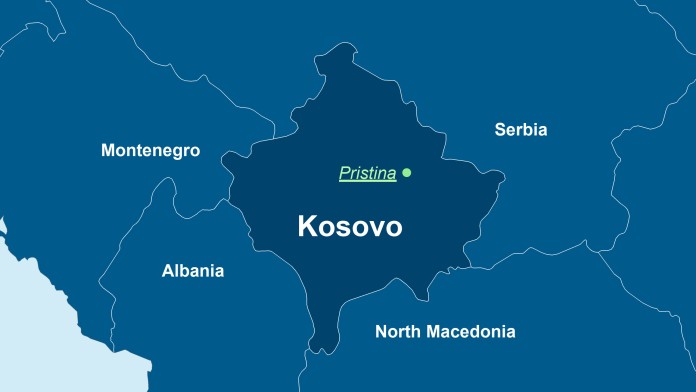
Kosovo is the newest nation on the European continent. On 17 February 2008, the parliament in Pristina declared Kosovo's secession from the Republic of Serbia. The relationship between the Albanian majority and the Serbian minority is strained, with ethnic tensions also hindering economic development, especially in the north of the country. Kosovo is one of the poorest countries in Europe. Unemployment is high and families depend on remittances from their relatives abroad. Since the end of the war in 1999, KfW Development Bank has been helping Kosovo in achieving progress in the following fields of development policy:
KfW Development Bank has been involved in sustainable urban development in Kosovo since 1999. Much has already been achieved with the water supply: in Pristina, water is now available all-day long, and nationally more than 90% of the population is connected. Progress can also be seen in wastewater treatment. Treatment plants in Prizren, Gjakova, Peja, and in the future also in Pristina, have been supported. Waste management is currently posing the greatest challenges. KfW Development Bank has launched the first waste management projects, with further large-scale programmes in the pipeline.
The Kosovar energy sector is facing considerable challenges because of outdated facilities and inadequate maintenance. KfW is working on behalf of the German government to eliminate supply bottlenecks, contribute to climate protection and integrate Kosovo's power grid into the European electricity market. Since 1999, KfW has committed funds totalling more than EUR 212 million to the energy sector, primarily to expand power transmission facilities and district heating in the capital. Currently, a new program of KfW, Solar4Kosovo, aims at supporting Kosovo in building up its renewable (solar) energy production capacities.
The overwhelming majority of enterprises in Kosovo are micro, small and medium sized enterprises (MSMEs). The low levels of productivity, lack of technical expertise, outdated management practices and limited access to credit and investment capital are the impediments to the sector growth innovative strength and competitiveness. An additional challenge poses the high rate of unemployment especially among young people while the businesses are facing a lack of suitably qualified candidates because vocational education in Kosovo is not tailored to the needs of the labour market. KfW Development bank promotes sustainable productivity and competitiveness of MSMEs in Kosovo by provision of financing with focus on underserved sectors such as the agricultural sector and green investments in RE/EE. Employment is promoted by targeted investments addressing the lack of funding for Vocational Education and Training (VET) schools and outdated infrastructure and training equipment.
KfW Office Pristina
Director KfW Office: Moritz Remé
Rruga Arkitekt Karl Gega No. 38
10000 Pristina
Republic of Kosovo
+383 38 224 141